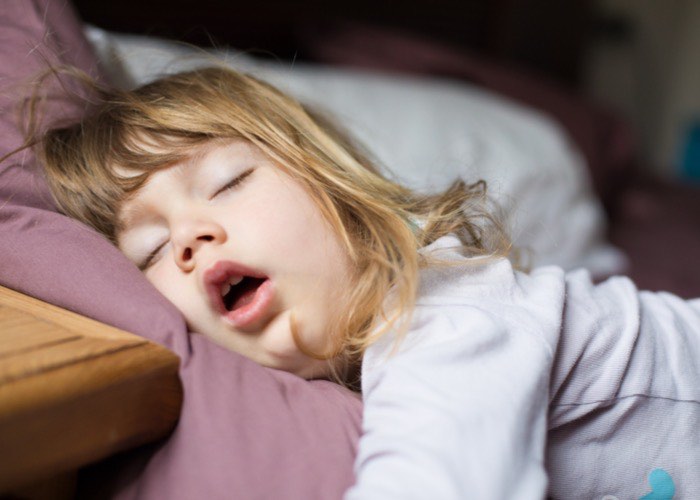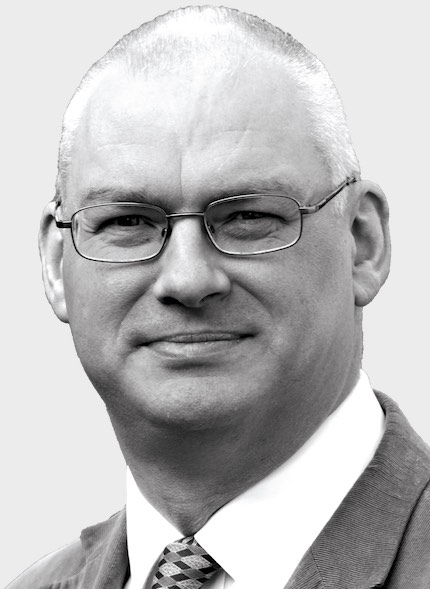Make sleep a priority
In Views
Follow this topic
Bookmark
Record learning outcomes

One in three people in the UK suffers from lack of sleep, yet there is widespread apathy around the category, as lack of sleep is not considered to be something that could cause harm.
In recent years the NHS has been highlighting the importance of sleep for good mental wellbeing and remarking how good sleep, like a healthy diet and exercise, can improve mental health as well as physical wellbeing.
Pharmacists can turn to training resources published by market leading sleep aid brands to upskill on the sleep education needed to have quality conversations that will develop patient trust and, ultimately, help them sleep better. The best questions to ask patients in order to find out about their sleep habits are:
- How do you usually feel during the day? Identifies daytime sleepiness versus tiredness/fatigue/exhaustion
- When you go up three flights of stairs do you need a sit down or a sleep?
- Overall, are you content with your sleep? Identifies whether they are suffering from insomnia
- Do you ever feel excessively sleepy during the day for no obvious reason? Identifies excessive daytime sleepiness disorders such as narcolepsy, primary hypersomnia and obstructive sleep apnoea
- Does your bed-partner/parent complain about what you do during your sleep? Identifies parasomnias, obstructive sleep apnoea, restless legs syndrome, periodic limb movement disorder.
The biggest common misconceptions around sleep include the following:
There is no such thing as too much sleep
There are no hard and fast rules about the amount of sleep each of us needs. It’s more about getting the right amount for the individual that allows them to feel awake and refreshed the next day. You can get too much sleep, since we all have our own individual need. Scientific evidence has shown that too much sleep is just as harmful as too little.
Eat foods that boost melatonin levels
Any food that contains protein will provide the body with the building blocks needed for the production of melatonin (a hormone that tells your body when it’s time for sleep), so patients do not have to eat anything specific to help them sleep. Although many advise eating food high in tryptophan (an essential amino acid), there is little credible scientific data to show that dietary tryptophan has any direct effect on melatonin levels or any beneficial effects on sleep in normal sleepers.
Stripping blue light from screens stops sleep disturbance
Light, in particular sunlight, is the primary zeitgeber (time giver/setter) for the body. Studies have shown that blue light emitted by screens has an effect by suppressing the release of melatonin.
Even stripping blue light from screens can still suppress melatonin production. The use of Paperwhite devices before bed has also been shown to disturb sleep. Other studies have found that other wavelengths of light, including room brightness, are implicated in modulating our sleep/wake cycle.
There’s also a common perception among consumers that sleep tablets are bad. Alternative dosage forms, including liquids, are now available and may make the product more attractive to somebody who doesn’t want to take a tablet. Furthermore, not all sleep aids are the same. OTC antihistamine-based sleep aids are designed for short-term use (seven to 14 days) and therefore concerns around dependency and addiction are less likely to occur.

